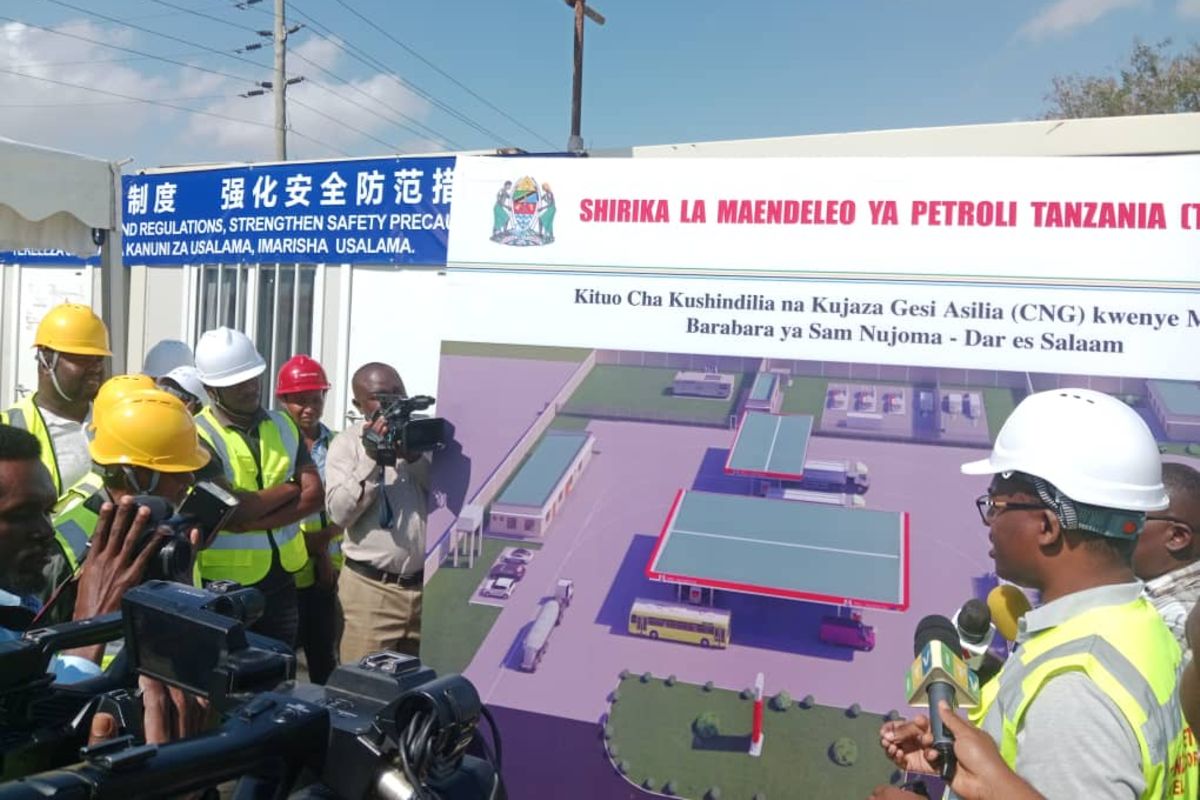Tanzania: President Suluhu Hassan Fast-Tracks Stadiums, Promises Massive Sponsorship Deals for Simba, Yanga
President Samia Suluhu Hassan has urged stakeholders in the sports industry to fast-track constructions of stadiums countrywide ahead of the 2027 Africa Cup of Nations (AFCON) preparations.
In her speech during the laying of the foundation stone for the Suluhu Sports Academy in Unguja South, President Suluhu emphasised the importance of the new facility in enhancing Zanzibar’s sports infrastructure.
She highlighted that the Academy will feature a 20,000-seat stadium, which will complement the existing Amaan Complex.
The initial assessment by the CAF president had shown that only the Amaan Complex met the necessary standards for hosting CAF games in Zanzibar.
By constructing this new stadium, Tanzania will increase the number of venues capable of hosting such AFCON finals, alongside the already qualified Benjamin Mkapa Stadium in Dar es Salaam and the under construction Samia Suluhu Hassan Stadium in Arusha.
The event, part of the ongoing 2024 Kizimkazi Festival, was attended by Prime Minister Kassim Majaliwa, various dignitaries from both the Zanzibar and Union governments and sports club leaders.
“When I talked recently with the CAF president Patrice Motsepe about Dar es Salaam’s Benjamin Mkapa Stadium, he requested two additional stadiums for the tournament.
I have spoken with Prime Minister Majaliwa to see the acceleration of stadiums construction in Arusha and Dodoma,” she said.
The 2027 AFCON is scheduled to take place from June 19 to July 18, 2027, with Kenya and Uganda also serving as co-hosts with Tanzania.
After inspecting the ‘Suluhu Academy’ grounds and reviewing the designs provided by contractors, the President expressed satisfaction with the progress of the academy’s first phase, which includes a 20,000-seat stadium due for completion by April next year.
She emphasised that once completed; the academy will serve as a venue for regional and international tournaments.
“I urge the Tanzania Football Federation (TFF) and the Zanzibar Football Association (ZFA) to closely monitor the construction to ensure it meets global standards.”
President Samia also highlighted the significance of the project for the youth of South Unguja and Tanzania as a whole.
“A large portion of Tanzania’s population consists of young people who need infrastructure for their economic, health and cultural activities.
This is why the government is investing in youth-oriented projects.
We are pleased that the Kizimkazi Festival 2024 addresses the needs of the youth and this is part of our commitment,” she stated.
She also extended her gratitude to the project’s funders, led by CRDB Bank, calling the academy a legacy that will foster young talent, with sports providing both health and economic benefits.
The President announced that the construction of Suluhu Sports Academy, supported by various organisations, has seen contributions amounting to 2bn/- from the local communities of Kizimkazi and Unguja South.
ALSO READ: Kizimkazi festival programme sharpen skills of 500 youths
She also expressed appreciation for stakeholders who sponsor local teams and revealed that she has engaged with two potential sponsors for the major Tanzanian teams, Simba and Young Africans.
Although she did not disclose the sponsors, she promised to reveal their identities in the near future.
On his part Prime Minister Kassim Majaliwa praised President Samia as a champion of social development and sports, noting that her efforts to promote sports and motivate teams like Simba and Yanga since taking office are exemplary.
Zanzibar’s Minister for Information, Youth, Arts, Culture and Sports, Tabia Maulid Mwita, also thanked President Samia for her vision in sports, announcing that Zanzibar is on track with preparations for the 2027 AFCON and CHAN finals.
Abdulmajid Nsekela, Chairman of the Suluhu Sports Academy project funding team and CEO of CRDB Bank, informed attendees that the state of-the-art complex in Kizimkazi will feature additional facilities, including an indoor swimming pool, basketball and netball courts, a shopping mall, an administration block, a leisure centre, a gym and a hotel.
The centre will be fully equipped to host international tournaments such as AFCON 2027
Source: allafrica.com





















